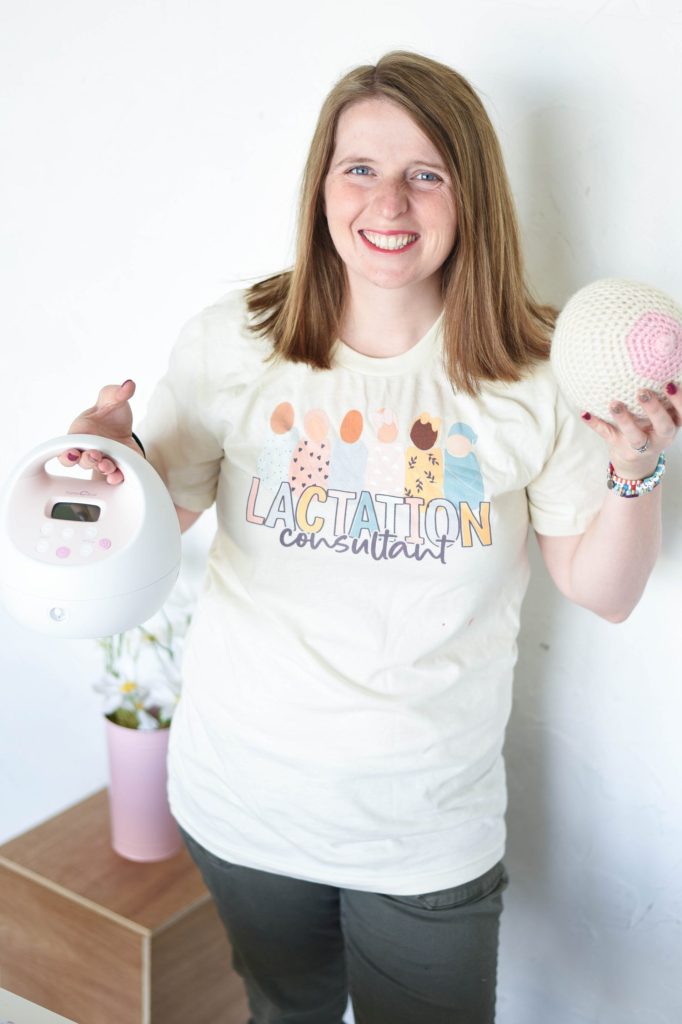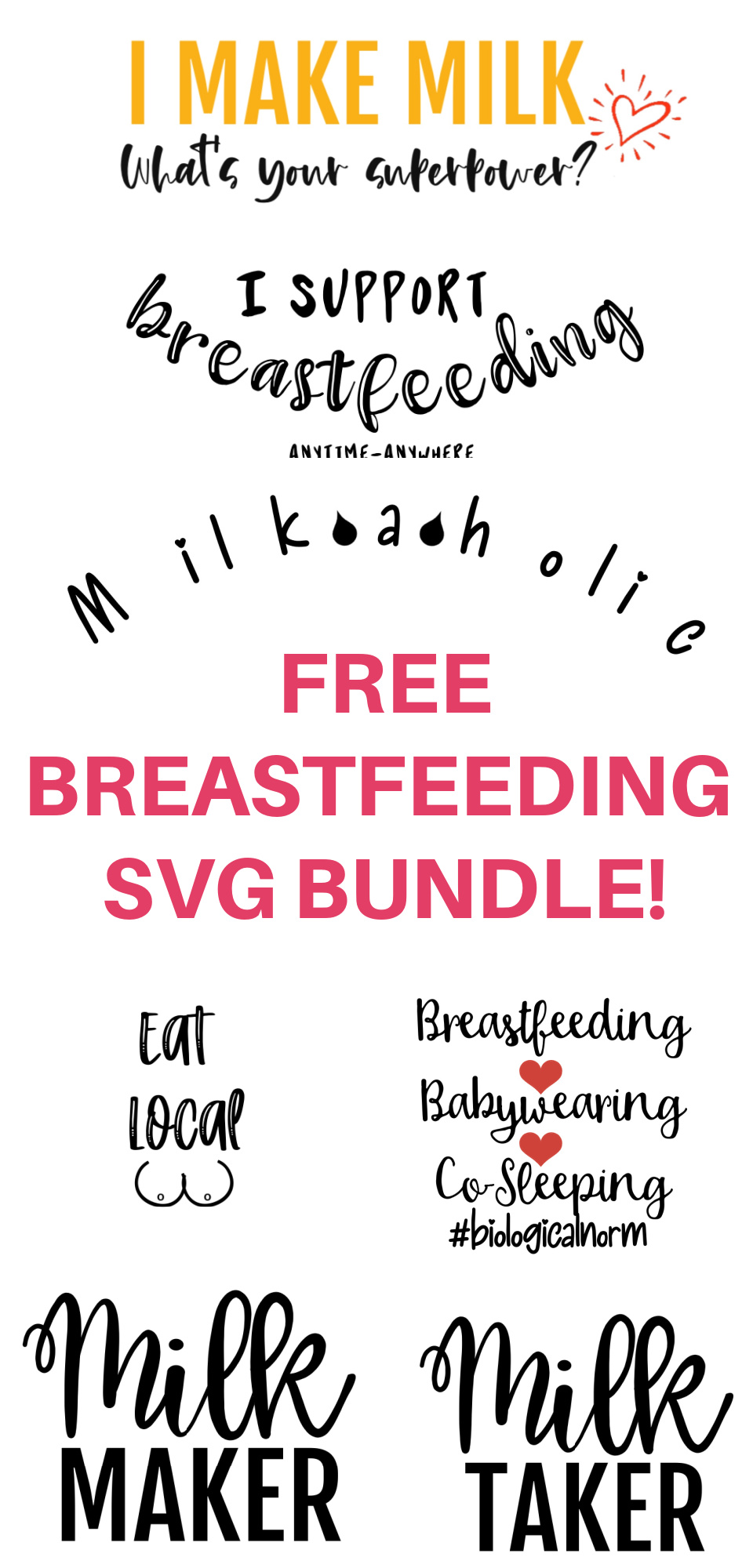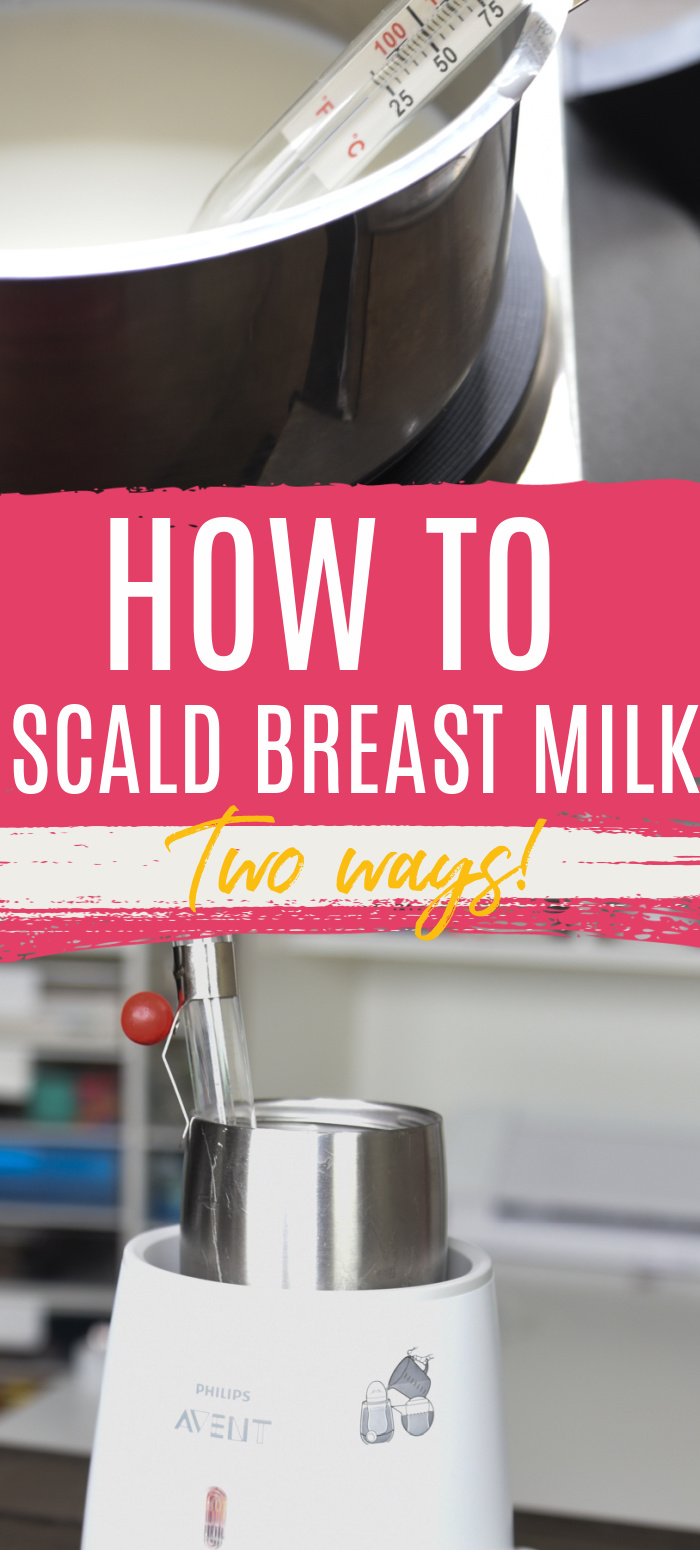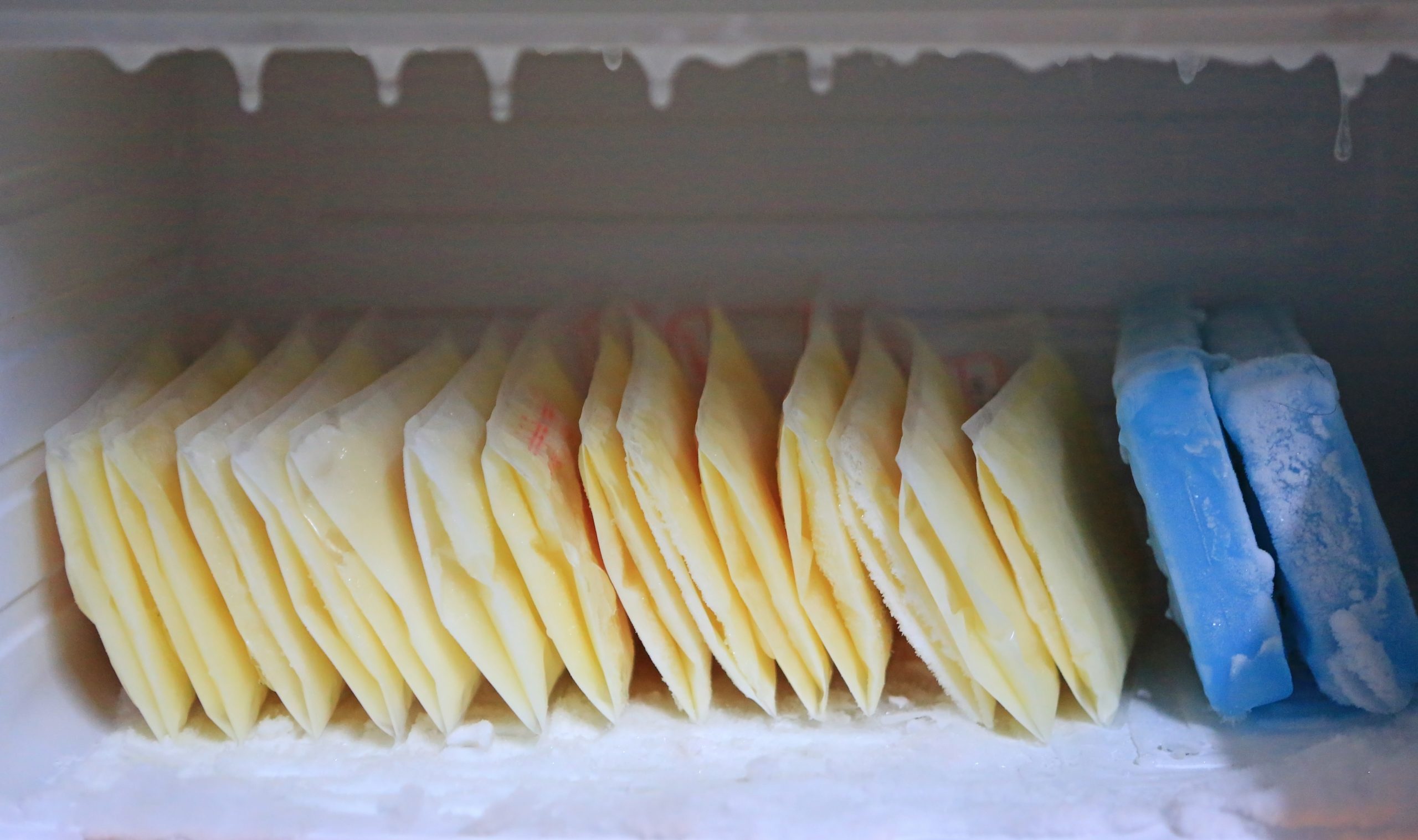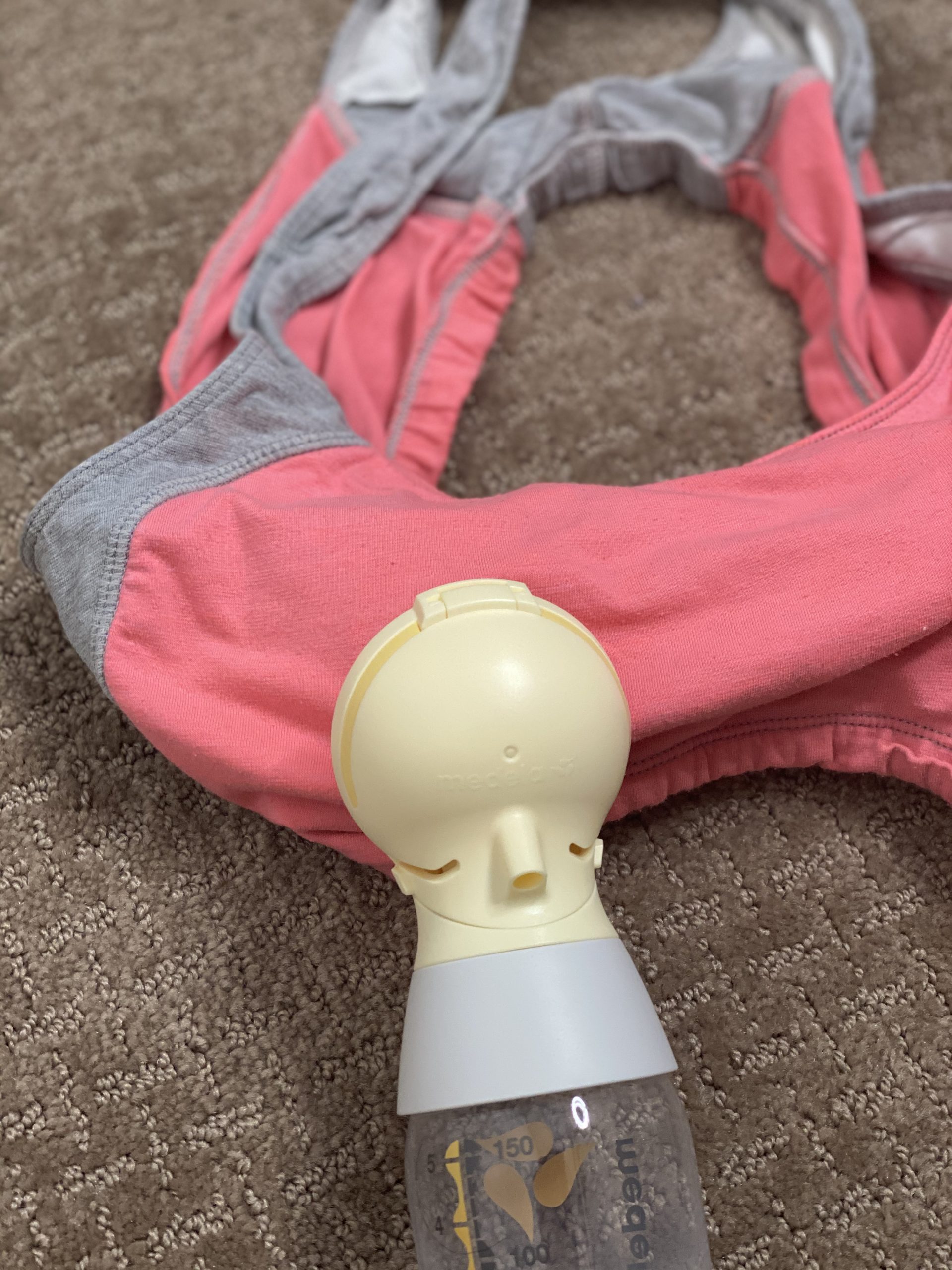Many parents wonder if the practice of using donor milk is even safe.
If you are getting milk from a milk bank, there really aren’t any precautions you need to take. They have very strict requirements, and they also pasteurize the milk to ensure it’s safe.
However, with mom-to-mom/direct sharing, it is wise to be a little extra careful. I think most moms are honest and just happy to help another mom – especially when no money is being exchanged…but you just never know. When it comes to your baby, it’s so important to make sure everything is legitimate.
The CDC and the AAP do not recommend or endorse the practice of milk sharing through private donors. However, thousands of moms and parents participate in this. It probably will never be as safe as going through a milk bank, but there are a few things to consider when thinking about the safety of donor milk.
Have a donor questionnaire
You definitely have every night to know the medical and social history of a mom. Here is a list of questions to ask your donor.
Be wary of people asking for money
It is acceptable to compensate a mother for the cost of bags, though many moms won’t take any compensation at all. There are places to buy and sell milk online, and I see people often trying to sell it in Facebook groups. However, because there is money involved, there is more motivation for someone to tamper with the milk (such as adding extra water to make it seem like more than it is – and this can be deadly for a baby).
Similar age
Try and get milk from a mother who pumped their milk when the baby was a similar age. While a baby can eat milk from just about any aged baby, it’s typically best to feed your baby milk from a mother who is feeding a baby at the same age.
Babies between the ages of one month and six months receive 24-30 ounces in a day, so regardless of the age of the baby, try and keep it to that amount. The breastmilk does change in composition as the baby gets older, which is another reason to try and keep donated milk around the same age as your baby.
Always meet in a public place
If you don’t know the person donating, always make sure you meet in a public place to donate or receive milk. If you do meet in a house, bring someone with you.
Store Breast Milk Correctly
It is important that you know how to store breast milk correctly. This is a great resource on breastmilk storage and handling.
Test the milk
Before you take a huge amount of milk from a mother, make sure you test it with your baby. Some milk will have high lipase – which some babies can tolerate and others cannot. Sometimes, the milk will just taste different than your milk and the baby won’t want it.
It would be unfortunate to take someone’s milk, only to have your baby reject it!
Keep Good Records
Whether you are donating or a recipient, it’s important to keep good records regarding the milk. Make sure you always write down when it was pumped, know when it was put in the freezer, and know how long it is good for. Making notes about medications taken, alcohol consumed, and even if you or your baby was sick can be important.
Is it Weird?
I think this is the biggest concern moms have – is it weird to feed your child another mother’s breast milk? I know that I wrestled with that same concern.
However, when it comes down to it, do you think it’s weird to drink the milk of a cow? Or from a goat? It’s really not that strange. People used to use wet nurses a lot, and it was considered normal! So no, donor milk is not weird. It’s a wonderful way to feed your child if necessary.
If you haven’t fed your child by bottle yet, make sure you read this post about bottle feeding your breastfed baby for the best tips!
How do you know you can trust someone?
Well, you can’t always trust them! I think that it’s important to listen to your mommy gut. If something seems off, just go with it.
I do believe that the majority of moms who are donating milk are doing so because they truly want to help someone else. I know moms that befriend their donors on Facebook or search them out a little bit before accepting milk…which I think is a good idea!
Be Picky
Don’t feel like you have to accept milk from just anyone. When I was first looking for a donor, my lactation consultant put me in contact with someone who seemed great (and I’m sure she was!). However, she was on a medication that, while it was deemed “probably safe” with breastfeeding…I just didn’t feel comfortable with it, especially since Oliver was having trouble.
It may limit the number of donors that are available to you, but if you need your donor to be on a certain diet, abstain from certain medications or alcohol, or any number of issues, that’s just fine. Just be upfront about what you are looking for.
Portions of this article appeared on our sister site, Clarks Condensed.
More Donor Milk Articles:
- How to Donate Breast Milk: Milk Donor Requirements
- 10+ Questions to Ask Your Milk Donor
- How Much Does Donor Milk Cost + Does Insurance Cover It?
- Donor Milk vs Formula: What Is Right For You?
- Donor Milk Pros and Cons: What New Parents Should Know
- How to Find Breast Milk Donation Near Me (United States and Canada)

